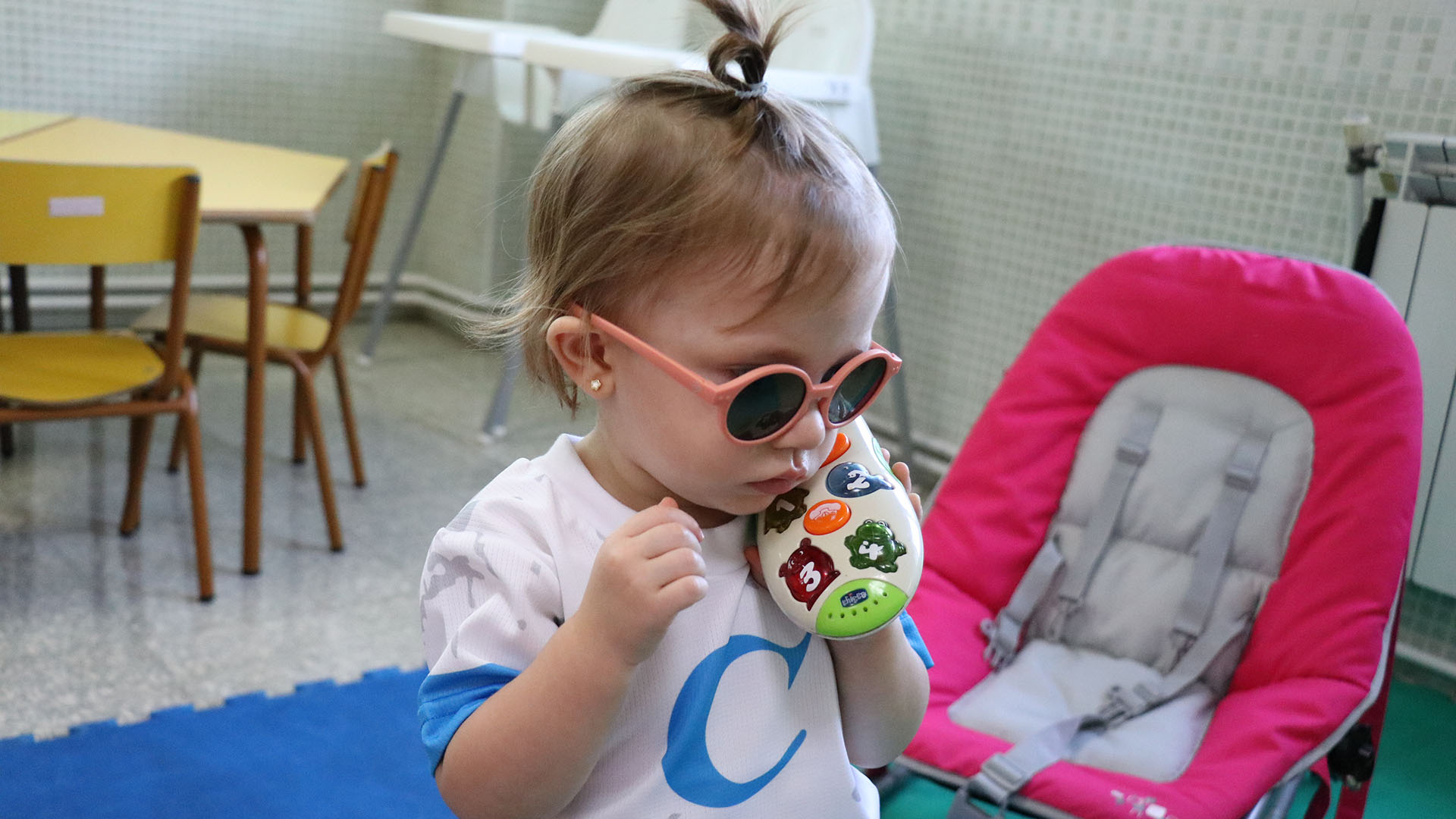Between screens, homework and routines, children have less and less time to play freely. However, play is not just fun: it is a basic need for their all-round development. That is why it is so important to know what is the importance of play in child development and what are the implications of not allowing children to play in their development.
La respuesta es clara. La falta de juego limita su creatividad, su autoestima y su capacidad de relacionarse. Según la American Academy of Pediatrics, el juego libre estimula el desarrollo cerebral y emocional, mejora la concentración y reduce el estrés.
THE RISK OF FORGETTING ITS EDUCATIONAL POWER
Without play, children miss opportunities to explore, imagine and solve problems. Those who do not play as much have higher levels of anxiety and less ability to work in teams.
Is play an effective way to reduce stress in childhood? Yes, play releases endorphins, improves mood and helps to manage complex emotions from an early age. Play is not a pastime, but a natural way of learning to live.
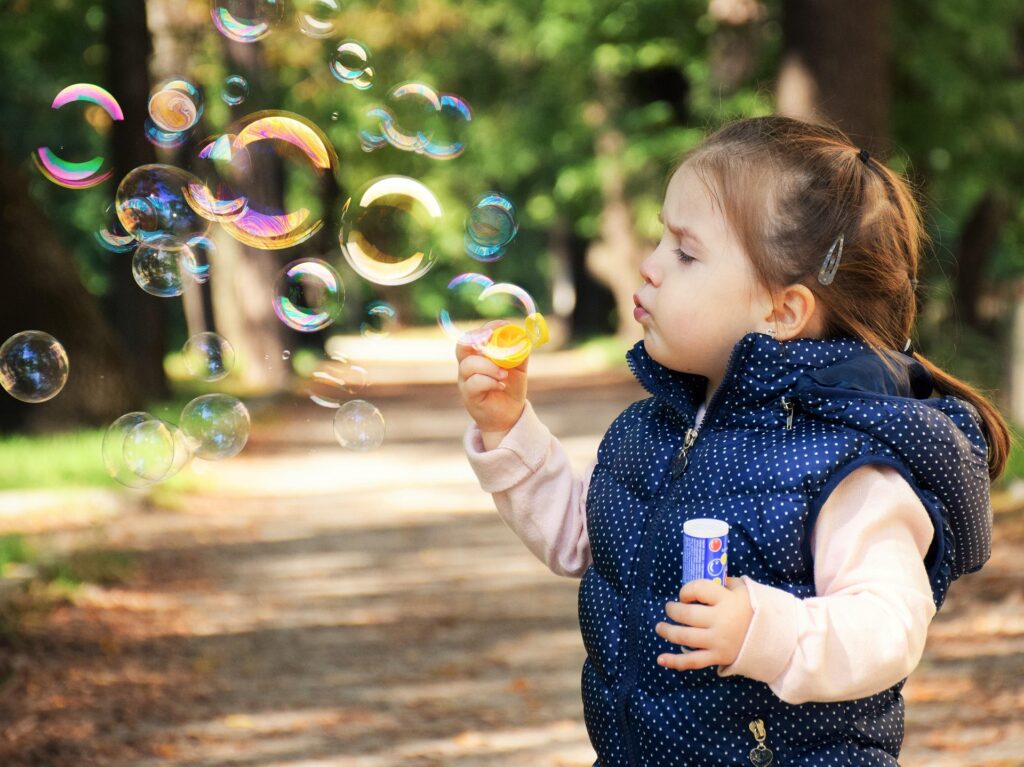
LEARNING THROUGH PLAY
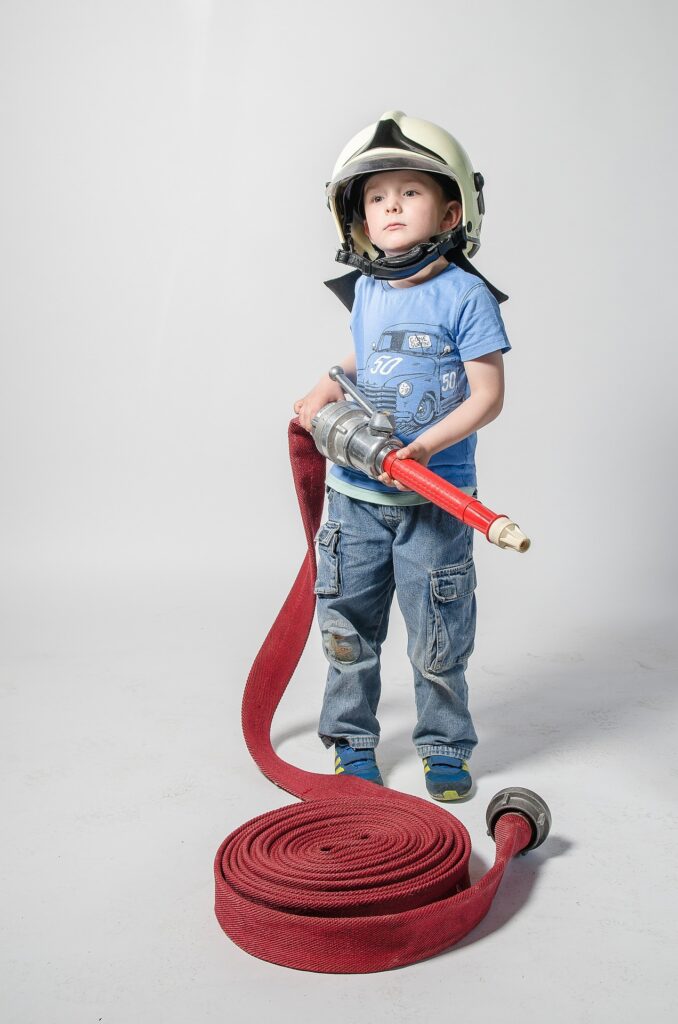
In childhood, play is the basis for curiosity and meaningful learning.
PLAY AND COGNITIVE DEVELOPMENT
Symbolic play – when children make up stories or act out roles – boosts imagination, memory and critical thinking. Each game strengthens brain connections and stimulates understanding of the environment.
PLAY AND SOCIAL DEVELOPMENT
What role does play play play in children’s socialisation? Playing in groups teaches empathy, communication and respect. In these moments, children learn to share, listen and cooperate, essential skills for their adult life.
PLAY AND EMOTIONAL DEVELOPMENT
What are the benefits of play for children’s holistic development? Playing allows us to express emotions, overcome fears and build confidence. In it, mistakes become learning experiences.
STRUCTURED PLAY VS. FREE PLAY
What are the differences between structured play and free play in child development? Structured play develops discipline and rules. Free play develops creativity and autonomy. In balance, both favour complete growth.
CASVI VILLAVICIOSA, WHERE PLAYING IS LEARNING
At Casvi Villaviciosa International School, we know the importance of play in children’s development. At Casvi, play is not left for recess: it is the heart of learning. Especially in Preschool Education.
Under the International Baccalaureate (IB) methodology, children investigate, explore and discover the world through meaningful experiences.
- In the classroom, each project is based on questions and curiosities.
- Enquiry routines encourage dialogue and emotional expression. They also stimulate their logical thinking and creativity. “In the classroom, the children transform a box into a castle and learn while making up stories,” adds one of their teachers.
- All of this in an environment that unites play, affection and learning, forming autonomous, confident and happy children.
At Casvi Villaviciosa, playing is not wasting time: it is investing in their future.
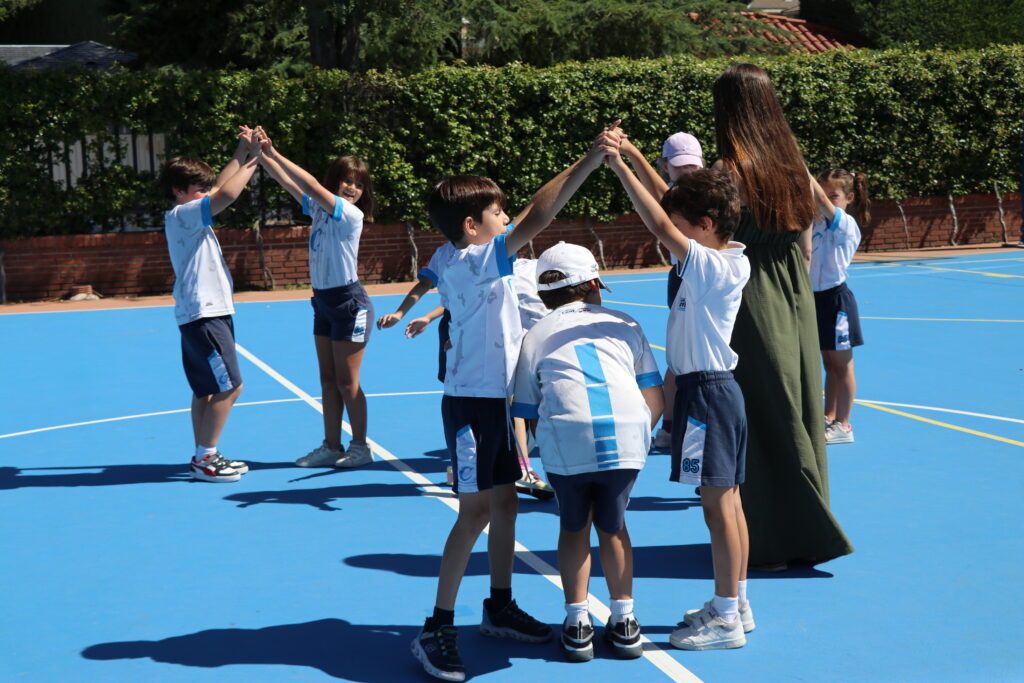
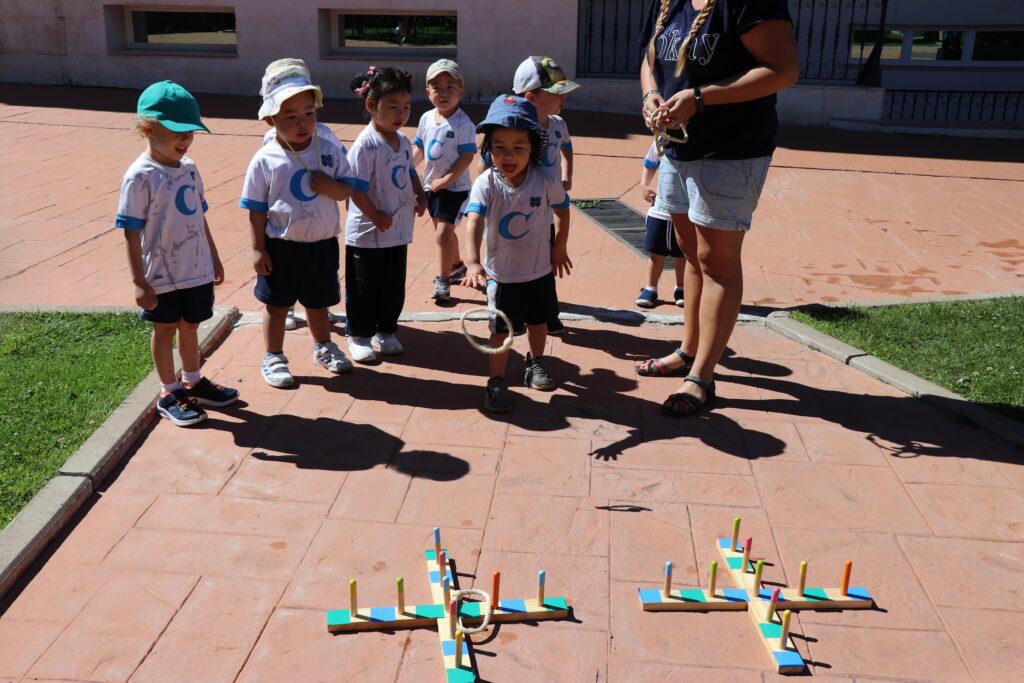
CONCLUSION: WHAT IS THE IMPORTANCE OF PLAY IN EARLY PRESCHOOL EDUCATION?
Play is the language of childhood. Through it, children learn to think, feel and live together. And at Casvi Villaviciosa, this language becomes the best way to form curious, creative and happy minds.
FAQ
FREQUENTLY ASKED QUESTIONS
ON PLAY IN EARLY CHILDHOOD EDUCATION
How can play support inclusion
and diversity in childhood?
Play brings children together beyond their differences. It fosters empathy and collaboration, helping them to understand and respect other ways of seeing the world.
What types of play are most beneficial
for children's development?
Symbolic, cooperative, artistic and movement games stimulate body, mind and emotions at the same time.
Is play an effective tool for
learning in childhood?
Yes, children learn best when they are motivated, experiment and discover for themselves.
What are the differences between structured play
and free play?
The first promotes guided learning; the second promotes autonomy and creativity. The two are complementary.

